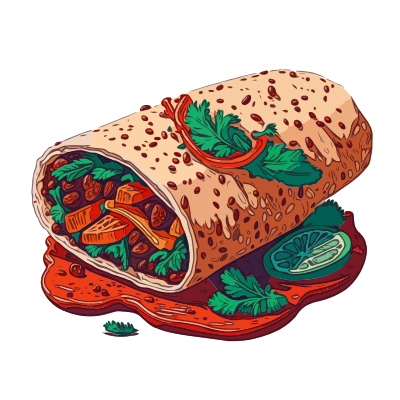Define "operating system". It's important to know that Linux is only the kernel and....
What you're referring to as Linux, is in fact, GNU/Linux, or as I've recently taken to calling it, GNU plus Linux. Linux is not an operating system unto itself, but rather another free component of a fully functioning GNU system made useful by the GNU corelibs, shell utilities and vital system components comprising a full OS as defined by POSIX.
Many computer users run a modified version of the GNU system every day, without realizing it. Through a peculiar turn of events, the version of GNU which is widely used today is often called "Linux", and many of its users are not aware that it is basically the GNU system, developed by the GNU Project.
There really is a Linux, and these people are using it, but it is just a part of the system they use. Linux is the kernel: the program in the system that allocates the machine's resources to the other programs that you run. The kernel is an essential part of an operating system, but useless by itself; it can only function in the context of a complete operating system. Linux is normally used in combination with the GNU operating system: the whole system is basically GNU with Linux added, or GNU/Linux. All the so-called "Linux" distributions are really distributions of GNU/Linux.
When this copypasta was first put together, this may have been more true. GNU was a big project, Linux was just starting out. But Linux has grown to be much larger than GNU. 30+ million SLOC from one estimate. GNU can't get naming rights with some shell utilities and libraries that can be replaced. Why not add Systemd in the name? That seems pretty important. Or we can just stick to calling it Linux, because that's not a mouthful and sounds nice.
Adding to some of the other comments - I think this is a hard area for a new OS to take hold currently. It's taken almost 35 years for Linux to get to where it is today - which is STILL a niche on the desktop, despite server dominance. (I say this as someone who has been Linux-only since 2007 (edit: not 2023 lol WTH was I thinking) at home)
With that in mind, if I were contemplating a choice between making a new OS or devoting my efforts to improving one of the others (to be clear I don't have the skills for this to be an actual choice), I don't know what might drive me to create a new one.
Momentum, support and compatibility.
There are also other OS'es like FreeBSD and openBSD that are relatively widely used and a whole host of vendor OSes like IBM's IAX or Z/OS or the open solaris derivative illumos (all unix based), not to mention the embedded real time OSes that you find in a lot of cameras and such.
The common thing among most still in use is that they are old, well tested, stable, have a lot of software developed for them + they are in most cases compatible with a lot of different hardware, these things need time and money to achieve and people aren't going to develop software for an OS that isn't going to be used because it lacks those features.
That's not to say people aren't still writing new operating systems, they definitely are, it's just that they'll never get as generally used or well known as the mentioned 3.
https://en.wikipedia.org/wiki/Fuchsia_%28operating_system%29
https://en.wikipedia.org/wiki/Redox_%28operating_system%29
I have never been so ecstatic to be slow in commenting. Redox is awesome. But I'll wait until it's competitive with Debian's stability to adopt.
You can get the same basic CS education and write your own OS, it was in my 4th year CS classes, we mostly just implemented Minix 1.0 but you could get as weird as you want.
Then you have to make enough libraries to start porting things to it, or write everything from scratch.
One of my favorite hacks like this is SectorLisp, which fits a Lisp (sort of) in a boot sector.
There are. They just don't have a lot of popularity. Take a look at RedoxOS for example.
They are. But you've never heard of most of them, and OSes aren't popular because of their merits.
They likely were making the operating systems while balancing their job to cover expenses like rent and food.
No real need or funding. Designing a new kernal is not an easy task and no matter what youre gonna run into hardware compatibility issues. Why waste time on that when there are plenty of open source gnu/linux based distrobutions that are both free and compatable.
Im sure there are people out there designing a completely new alternative kernal as a hobby but it would inredibly unlikely for it to reach the popularity of gnu/linux, windows, or mac
Since the ones that do exist have been covered, I'll also ask why we need a new one. Linux is pretty good, and pretty big both by code and by popularity. Unless there's something Linux can't do, it makes little sense to start all over again with such a mission-critical system.







